Sometimes, the simplest ideas are born from a “Eureka” moment of inspiration. Occasionally, they take longer to bring to fruition.
It was the latter in the case of Sarah Pedersen, the Robert Gordon University professor in communications and media, who was walking through the streets of Aberdeen earlier this year when she noticed a variety of statues and commemorations to celebrate everybody from Robert the Bruce to Denis Law.
But hang on. Where were the similar accolades to women who have made a difference in the Granite City and the surrounding area, across a range of different areas from science to culture and politics to improving the lot of their fellow human beings?
Answer came there none, and that lit a fire in her to transform the situation, along with her university colleagues Prof Peter Reid and Prof Rachael Ironside. They devised a bold plan, raised funding from the Arts and Humanities Research Council Being Human Festival and the RGU Foundation, and launched work on the creation of a digital biographical dictionary focusing on women in the north-east.
And we can reveal today their labours have led to the formation of a Quinepedia.
Bringing women back to forefront
It’s a simple notion, but Sarah wants the help of as many people as possible from Fraserburgh to Forres and Elgin to Echt to revive the stories of trailblazing women whose achievements, whether they were suffragettes or schoolteachers, administrators or archaeologists and nurses or novelists have often been airbrushed out of history.
She told me: “Quinepedia was inspired by stories in the Press and Journal last March which asked why there was so little civic commemoration in Aberdeen of women’s contribution to the culture and history of the city.
“We are also aware that there are very few women from north-east Scotland mentioned in the Oxford Dictionary of National Biography. So we want to raise awareness of women’s contribution to the region, both past and present.
A range of events are being held
“We will be officially launching Quinepedia at an all-day event in Cowdray Hall [in Schoolhill in Aberdeen] on November 19. The morning will be devoted to a ‘bring your own heritage’ event, where people will be encouraged to share pictures, stories, etc about the women of note in their own families or localities.
“The afternoon will comprise a hustings where various speakers will give a series of short talks on their own candidate for celebration. We are hoping the participants will talk about women from Colonel Anne Mackintosh and Caroline Phillips all the way through to the likes of Annie Lennox and Evelyn Glennie.
“We are also travelling around Aberdeenshire this month to record women’s voices talking about women from the area who inspire them. We will co-ordinate these visits to various towns to coincide with a travelling exhibition about NE women which will be in libraries at Inverurie on October 22 and Stonehaven and Peterhead on October 29.
“At the moment, we are looking for suggestions for inclusion and potential authors for entries. We are asking the readers of the P&J about their candidates for Quinepedia and we are also hoping to hear from people who would could contribute to what we hope will be a community effort to raise awareness of the region’s outstanding women.
“And, hopefully, as time passes, there will be an increasing number in the archive.”
So many stories have been forgotten
Sarah realises that, just as military history tends to be written by the winners, social chronicles usually focus on the exploits of famous men. But that doesn’t mean she is prepared to stick with the status quo, especially as women fight for equality in a world where the Wild West of social media has poisoned the atmosphere.
A few years ago, the 57-year-old produced a map of all the places in the north-east associated with the suffragette movement and it was a compelling reminder of how many Scots were involved in the struggle to gain votes at the start of the 20th Century.
One might imagine she would be enthused by the efforts of the #MeToo movement to expose sexism and prejudice in Hollywood, the City and the corridors of power.
Yet, perhaps surprisingly for such a normally upbeat individual, Sarah voiced concerns about how momentum has stalled in recent times. And she believes that one of the biggest triggers for that setback has been the impact of Covid-19.
Women have had to make sacrifices
She said: “I am afraid that there is still a very long way to go and that, in some respects, women are losing ground. The pandemic has massively impacted on women’s lives.
“It [Covid] saw women taking on the burden of home schooling and childcare, they were more likely to leave employment altogether, women saw a disproportionate decline in mental health, many felt trapped in what they saw as enforced domestication and a return to the 1950s, and there was an increase in domestic violence.
“And women faded from public view – throughout the world, the majority of public health and government spokespeople were male.
“As far as politics is concerned, we know that many women are put off from becoming engaged in public life because of the misogynistic abuse that they see women politicians suffering. Yes, it’s true that #MeToo made some good headlines, but I am not sure how much long-term impact it has had.”
Continuing to fight the good fight
Sarah is no quitter, as she has shown during her academic career, whether in writing, campaigning or establishing innovative ways of promoting women’s rights.
Quinepedia matters because it lends a voice to those who have been silenced. It’s also important as a reminder that nobody should feel alone in uncharted territory in 2022.
She said: “I have been inspired by many women – both living and dead – over the span of my career. But I suppose the two women that I have spent the most time thinking about are Caroline Phillips, Aberdeen’s own suffragette [and former Aberdeen Journals writer], and the naturalist and women’s rights activist Marian Farquharson.
Sarah Pedersen: What inspiration does a young girl see when walking around Aberdeen?
“Both women campaigned for the right of women to join the public sphere – either politically or, in Marian’s case, to be allowed to be fellows of learned societies.”
They made a difference, one which deserves greater recognition. If Sarah and her associates have their way, the veil is about to be lifted on so many females who remain footnotes in the archives where their achievements merit a clarion call.
If you want to be involved, contact s.pedersen@rgu.ac.uk or p.reid@rgu.ac.uk.
The Quinepedia site is at www.quinepedia.com.
Five questions for Sarah Pedersen
1: What book are you reading?
“The latest Ruth Galloway novel by Elly Griffiths. Ruth is an academic – a forensic archaeologist who combines working at a university with helping the police – so obviously this appeals to me (although Ruth does not seem to do anything like the amount of marking and admin that most academics face).”
2. Who’s your hero/heroine?
“I admire many women, but one is definitely Sylvia Pankhurst – unlike her mother and sister Christabel, she was a peace campaigner and socialist. She worked during the First World War to support women in the East End of London and set up her own suffrage campaign group when expelled from the WSPU.”
3. Do you speak a foreign language?
“Not really. My husband is Danish and our sons both speak Danish. So I can kind of follow the basics of family life and can translate recipes.”
4. What music do you like?
“My favourite band is Lake Street Dive. A brilliant band who need to be better known.”
5. Most treasured possession?
“Right at the moment, our electric blanket. More sentimentally, my engagement ring, which is such an odd shape that I have to wear it on another finger and so no one knows it is my engagement ring.”
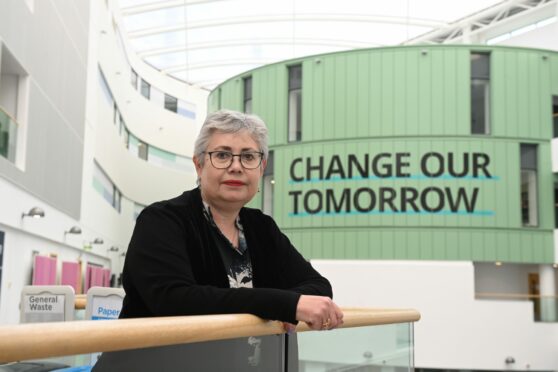
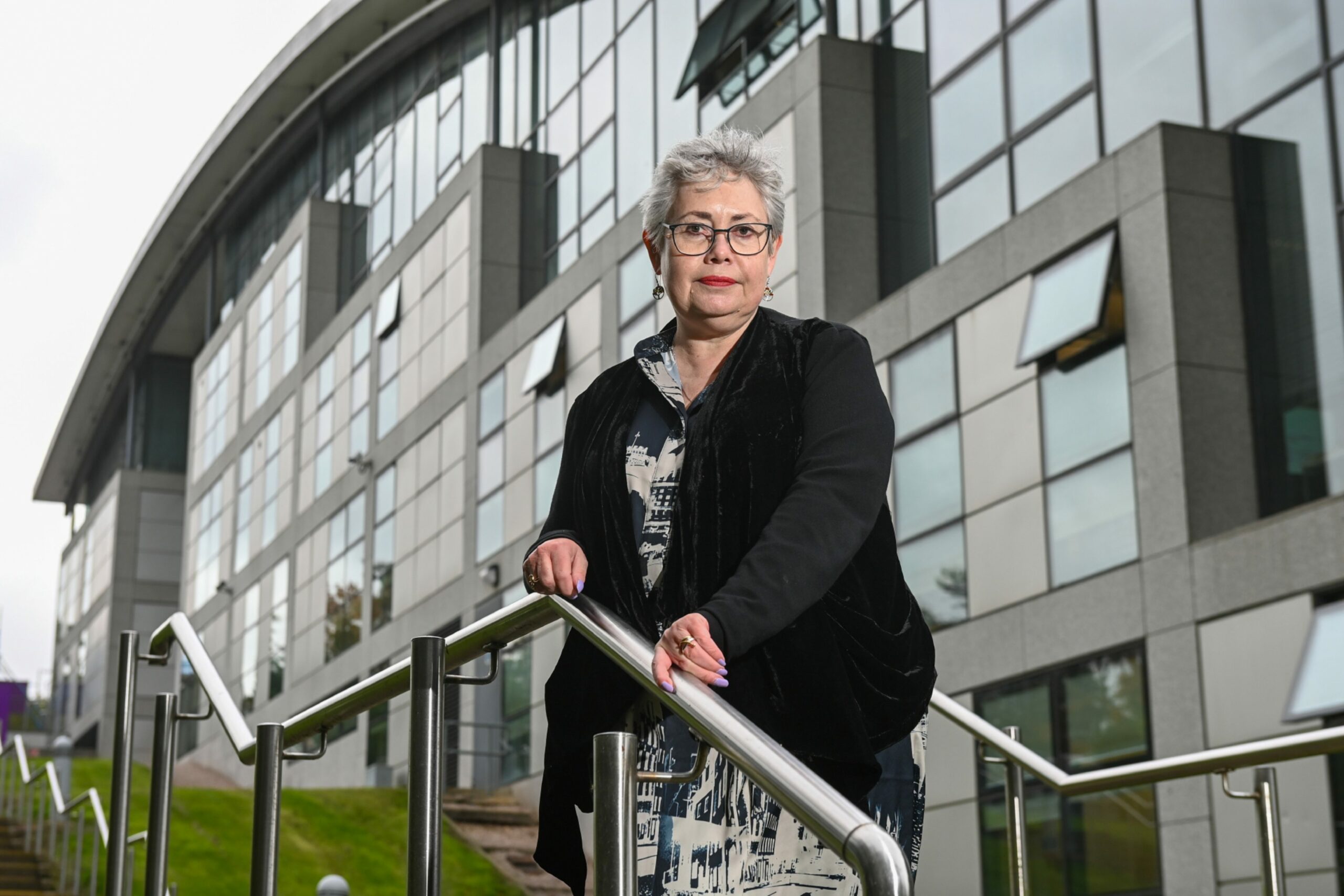

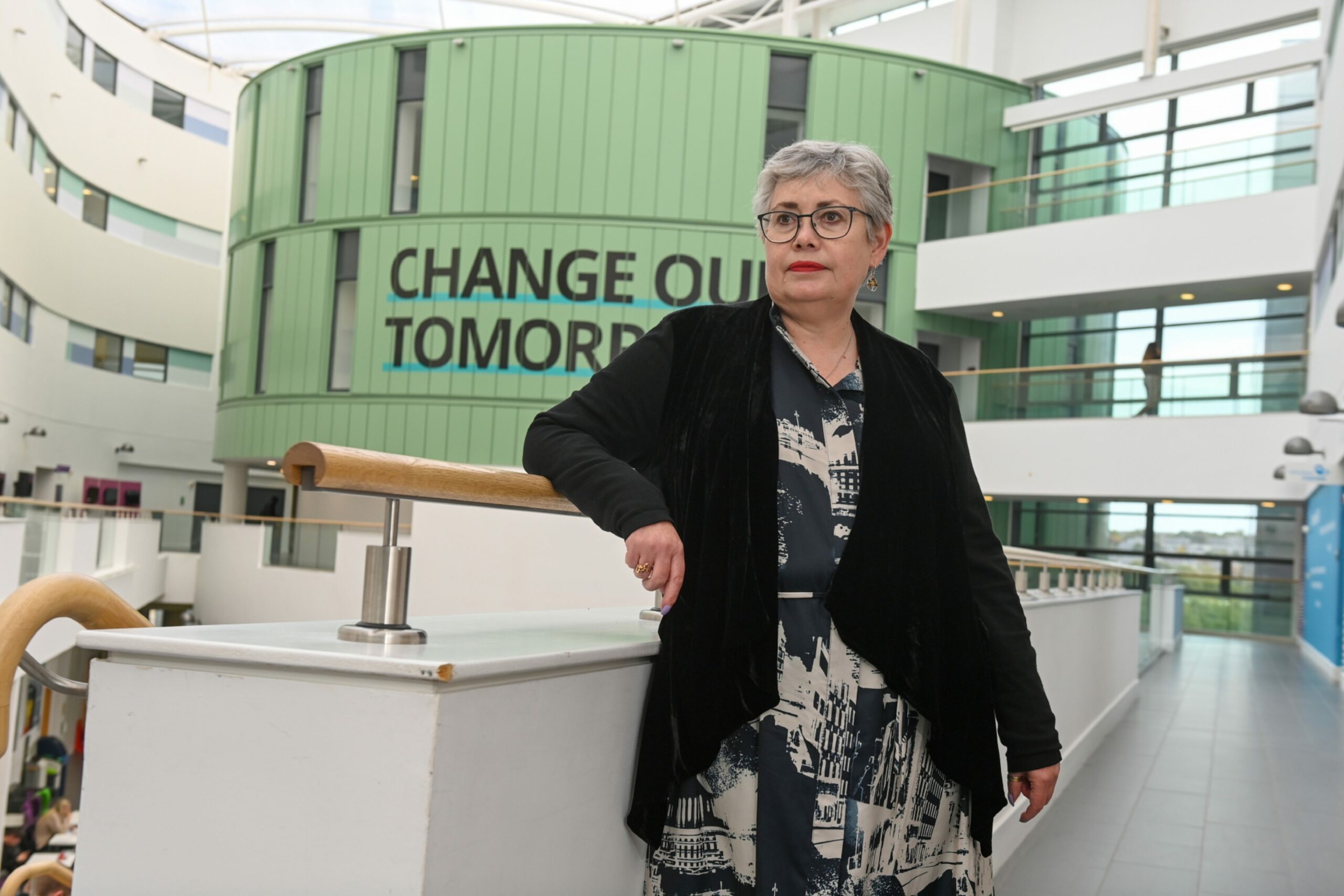
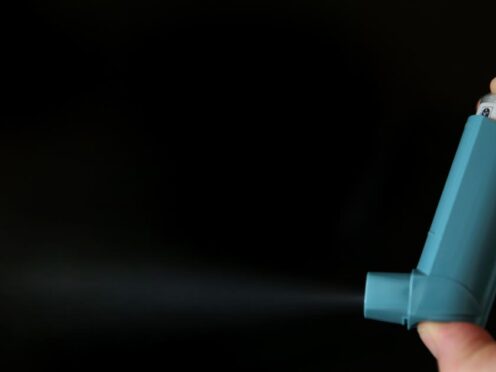
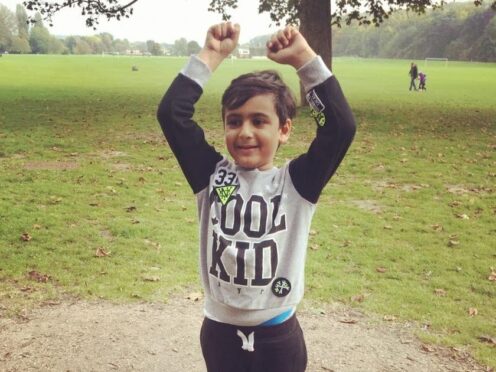
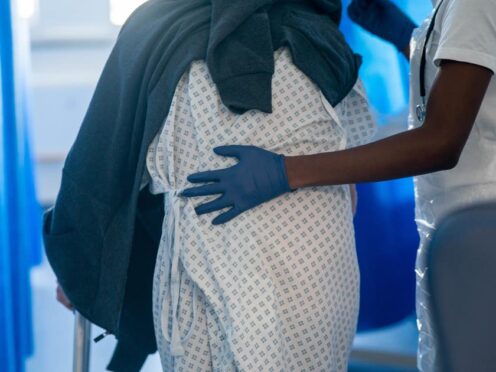
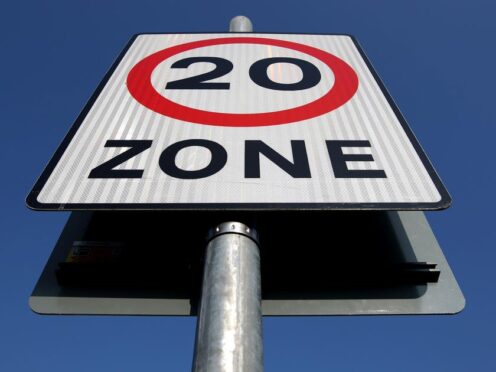
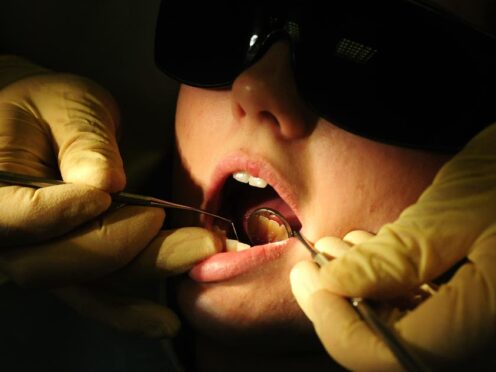
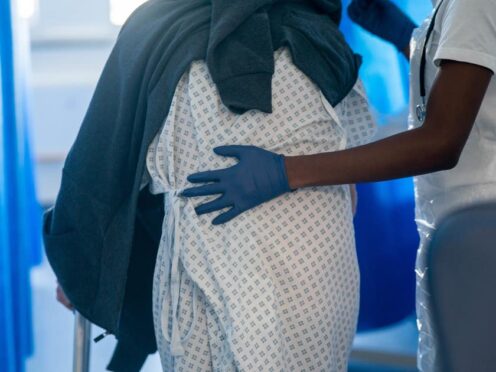

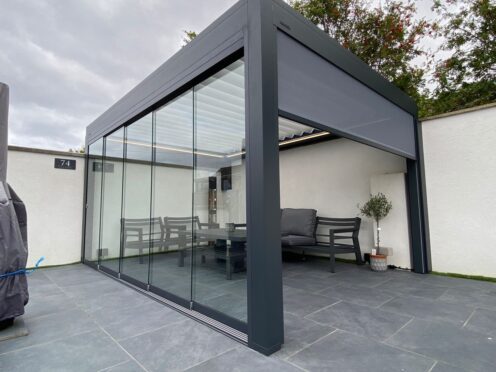

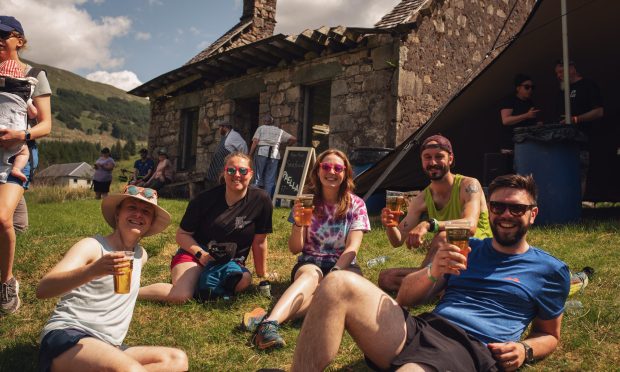
Conversation